How much are your Christmas lights going to cost you?
Christmas lights is one way to get into the festive season but they can consume a decent amount of energy, adding to your electricity bill.

Christmas lights is one way to get into the festive season but they can consume a decent amount of energy, adding to your electricity bill.

Christmas lights is one way to get into the festive season but they can consume a decent amount of energy, adding to your electricity bill.

The weather is unpredictable in an environment like Australia’s. The beautiful weather can turn nasty quickly, causing considerable loss of electricity. So how can you protect your home and business?

With so much information available about solar, we thought it was high time to get back to solar basics.

But before making a decision to install solar, it is important to consider a number of different factors.

In Australia, an average household can use around 25% of its total energy on heating water. As electricity prices rise, a solar hot water system may be a great cost-saving option.

How landlords and tenants can both enjoy the money saving and environmental benefits of solar power.

BYD now supplying batteries for electric buses at Brisbane and Sydney Airport.

The best deal is very rarely the cheapest deal. So why do we get so easily enticed by unbelievably cheap deals that appear so totally believable?

We all know going solar is an investment that will pay off over a number of years as a home or workplace’s reliance on buying grid-supplied electricity decreases.

After investing in a solar system, you will want to make sure that it's working as hard as it can. Here are some simple tips to help you get the most from your solar system.

We’re pleased to announce Solar Australia now sells and installs the Tesla Powerwall 2.
Tesla Powerwall 2 stores solar to continuously power homes and workplaces with sustainable energy day and night.

Support for solar power in Australia is strong with an estimated 1.4 million Australian households using solar to manage their electricity bills.

One of the questions we hear frequently at Solar Australia is, ‘How long will it take for me to see a return on my solar investment? There are a few factors that could impact upon your payback period as well as some ways you can get more out of your investment.

Solar Australia now offers discounts to Senior Card holders. We are offering senior card holders 5% discount on the purchase of solar panels, solar battery storage and hot water systems.*

Two BYD energy storage systems have been named as finalists in the Electrical Energy Storage (EES) Award, which is the first time in the award history that two products jointly shortlisted from one company. The ees award, which began in 2014, recognises innovation in stationary and mobile electrical energy storage systems.

Over the weekend, Solar Australia was featured in the Australian Financial Review and on the front cover of Saturday's Newcastle Herald.

Solar Australia is proud to announce we are a supplier of Talesun Solar Panels.
Talesun is committed to providing advanced quality solar modules with the ambition of creating a better, greener world. Talesun’s vertical manufacturing chain allows them to closely monitor and attune the features of the modules from individual cells to the end product, the solar panel.
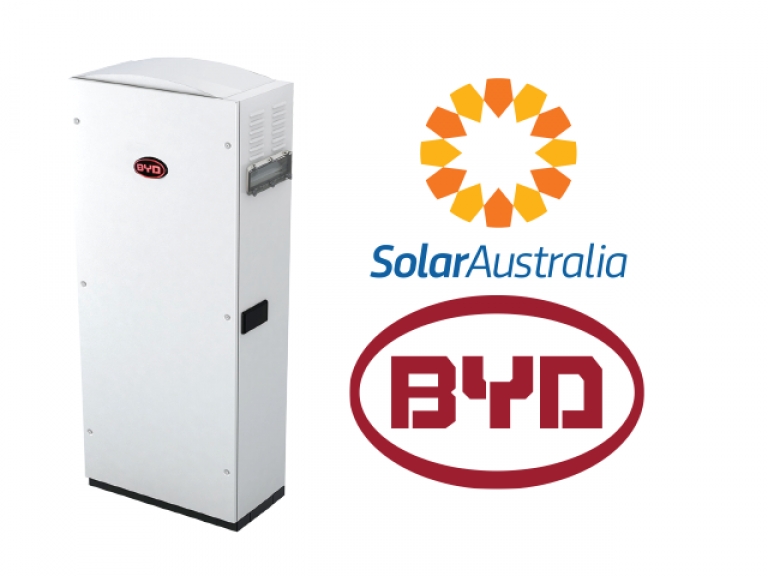
Solar Australia, which provides residential and commercial energy-efficient solutions, is pleased to announce the B-Box Battery Energy Storage System by BYD is now available in Australia.
New B-Box battery means no more sending power back to the grid or suffering through catastrophic weather events Solar Australia, which provides residential and commercial energy-efficient solutions.
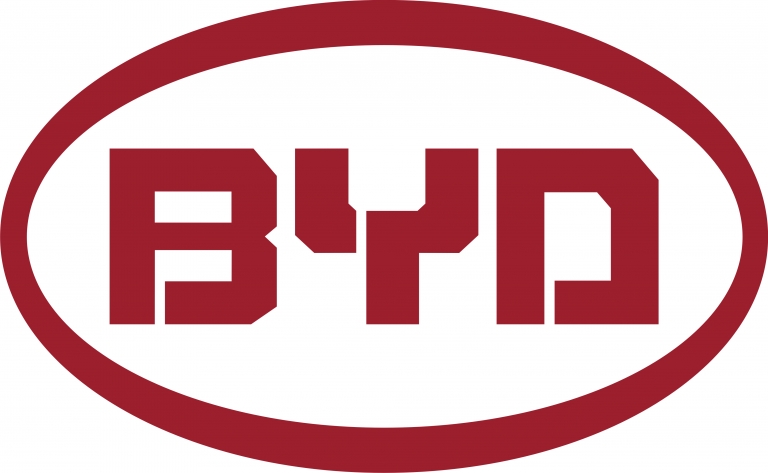
The time that it takes for the system to pay itself off based on potential electricity bill savings is known as the payback period.
This can vary depending on which state you are living in, how expensive the electricity is and what kind of system you get.

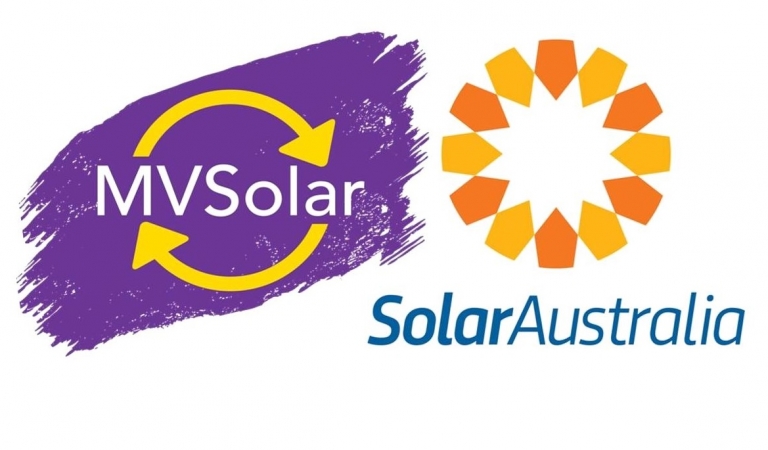
Denman based MV Solar owners Michael and Lois Valatine are excited to announce their partnership with Solar Australia. The MV Solar Australia powerhouse has been building in the background, and is now ready to share with the community they are focused on helping.
"By joining forces with Solar Australia, MV Solar will be able to ensure the best quality sales and service of solar power in the Hunter Valley," Mr Valantine said.
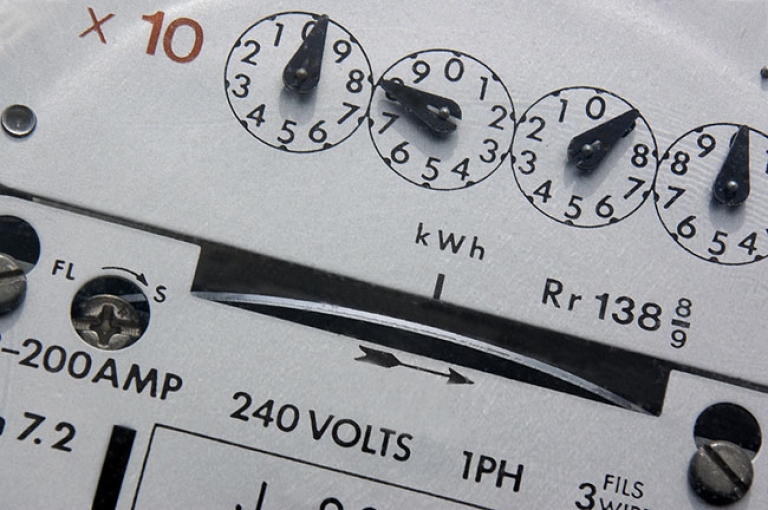
To Sum Up...
If you have rooftop solar, and are at home during the peak period, you are almost certainly better off with a standard tariff.
However, if you and the people you live with are sufficiently motivated to change your behaviour it is possible to save money by being on a time-of-use tariff.
While it will often be difficult to use all of a battery system’s stored energy during a peak period, homes with battery systems will usually be better off on a time-of-use tariff.

Australia’s two largest electricity retailers have announced they will increase prices in South Australia from the 1st of July.
Origin Energy will raise prices by 6.5% increase and AGL will raise them by around 10%.
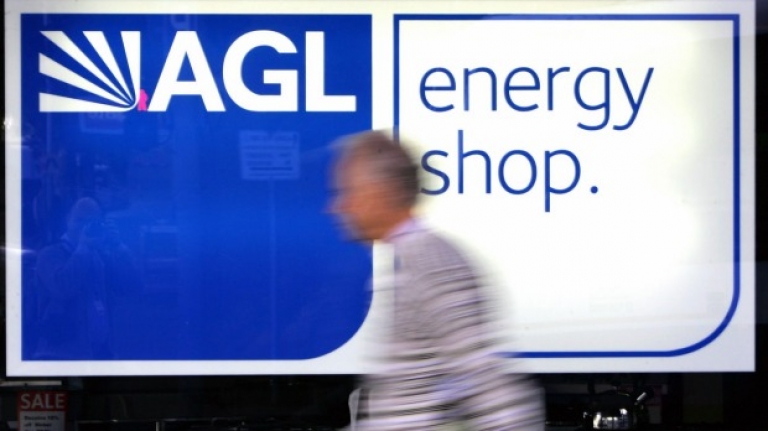
Power prices are set to rise by several times the rate of inflation in NSW, which will hit households during the coldest months of the year when electricity usage rises.
AGL is the first of the electricity companies to detail the price rise, announcing a $3.30 a week increase in electricity prices for the average household, a rise which has been estimated at more than 5 per cent. Other companies such as EnergyAustralia and Origin Energy are expected to release details over the next week or so, with the rise to take effect from July 1.
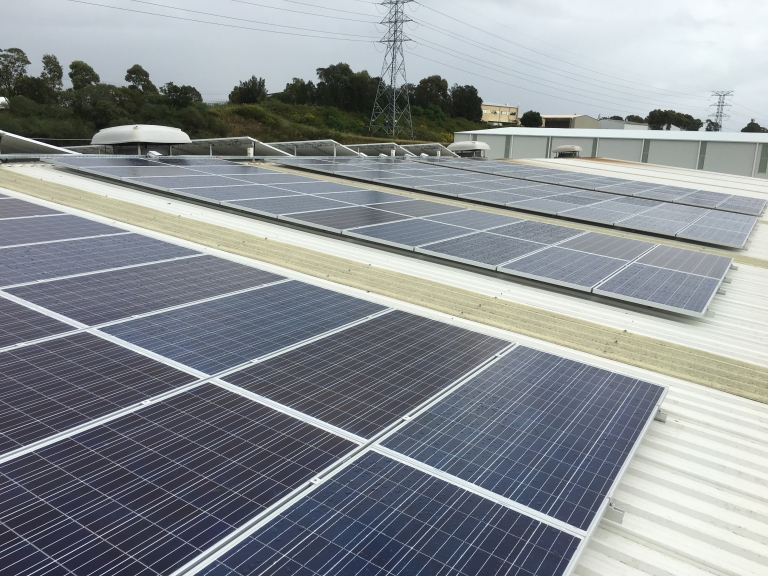
Being environmentally conscientious, the PHC Group is proud to announce the commissioning of a one hundred kilowatt Solar System installation to the roof of our main building in Mayfield West.
The system is geared, not only to substantially decrease CO2 emissions thereby reducing our carbon imprint on the environment, but it also has the added advantage of significant cost savings for the company in our energy bills.
We’d like to thank Solar Australia for their professional, timely, and hassle free installation.
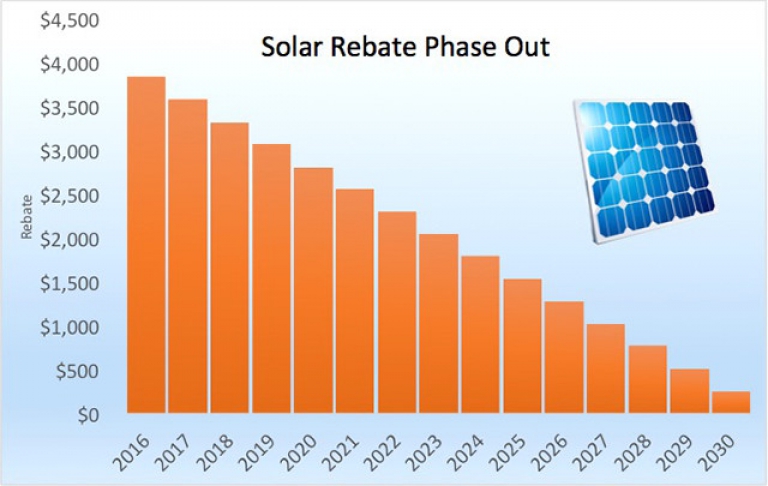
The solar rebate which currently reduces the cost of rooftop solar in Australia will be phased out with the first reduction starting in less than 8 months on the 1st of January 2017.
The rebate will reduce by one fifteenth of its current amount on the first day of each new year until 2030 and will end on the 31st of December that year. At the start of 2017, the rebate of $3,990 that most Australians would receive at the moment for a 5 kilowatt rooftop solar system will fall by around $266 down to $3,724.
The phase out encourages Australians to install rooftop solar sooner rather than later.